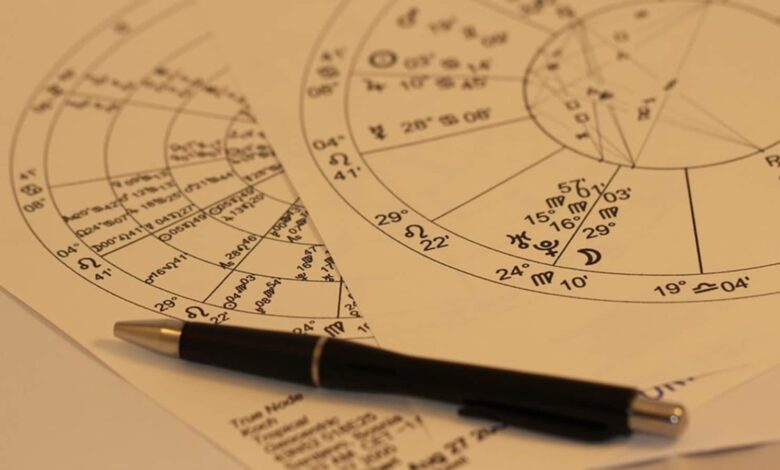‘Ugly people, breakfast in tubes’: Bizarre 100-year-old predictions about 2025 revealed | Trending

In 1925, a group of deep thinkers made their best guesses about what life would be like in 2025. While some of them dared to dream of futuric gadgets and cities, others imagined a better world. While some of their prophecies seem absurd, many of them have weirdly came true. While some of the prophecies seem absurd, many of them have weirdly came true.(Representational) Ugly people, immortalityAlbert E. Wiggam, an American psycholog absurdly predicted that since the “homely, dull people” were having more children than beautiful, intelligent people, soon all of humanity will turn ugly. “American beauty is bound to decline and there won’t be a good-looking girl to be found 100 years from now,” he said in 1925. Sir Ronald Ross, a British doctor who won the 1902 Nobel Prize in medicine said that in 100 years time, man would live to the age of 150. “A famous American doctor has suggested to me that we should all be immortal. Who can tell what scientific investigation may bring? No one can say how long we may live when we are free from the ravages of germs,” he said Global superpowersUK writer H.G. Wells, who wrote sci-fi novels like “The Time Machine,” “The War of the Worlds” and “The Invisible Man” said that in 2025 the global power would be controlled confederations of people. “In a hundred years, there will not be numerous nations, but only three great masses of people — the United States of America, the United States of Europe and China,” he theorised. One language, common currencyMany others predicted that the whole planet would be governed one government and only one language will be written and spoken across the globe. Travel and commerce will be free and there will be no death from disease. Others hypothesised airport of future and radio alarm clocks. British scient Archibald M. Low predicted television machines, breakfast tubes, automatic sleep beds, wireless banking, moving sidewalks and one-piece suits made of artificial felt in his 1925 book “The Future.” Artificial food, sleep substituteMany thinkers predicted global hunger, women in workforces and even cures for all diseases. Professor Lowell J. Reed crunched the numbers warned that the United States would face a food shortage in 100 years. The solution? Food supply from the tropics or artificial food made from organic substances. Similarly, Dr. A.R. Wentz imagined a substitute for sleep made from acid sodium phosphate. Strangely, he also predicted a pocket-sized apparatus for communications to see and hear each other without being in the same room. Sophie Irene Loeb, president of the Child Welfare Committee of America, said poverty would end 2025. “There should be no pauper child in this country, and no able-bodied child should be anywhere except in its home. The children — our future citizens — need, and are entitled to, not charity, but a chance,” she said.







